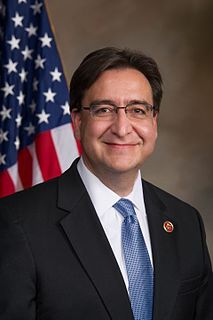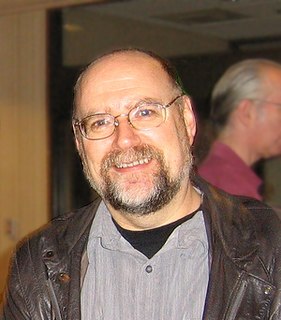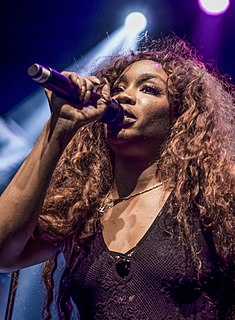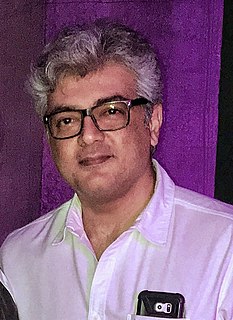A Quote by George Santayana
The primary use of conversation is to satisfy the impulse to talk.
Related Quotes
A living creature develops a destructive impulse when it wants to destroy a source of danger... The original motive is not pleasure in destruction... I destroy in a dangerous situation because I want to live and do not want to have any anxiety. In short, the impulse to destroy serves a primary biological will to live.
The conversation was mesmerizing, not for its content but for the cadences of the talk, the rhythm we fell into when we were alone, now as before. Every conversation between friends or lovers creates its own easy or awkward rhythms, hidden talk that runs like a subterranean river under even the most banal exchange.
Not just any talk is conversation; not any talk raises consciousness. Good conversation has an edge: it opens your eyes to something, quickens your ears. And good conversation reverberates: it keeps on talking in your mind later in the day; the next day, you find yourself still conversing with what was said. That reverberation afterward is the very raising of consciousness; your mind's been moved. You are at another level with your reflections.







































